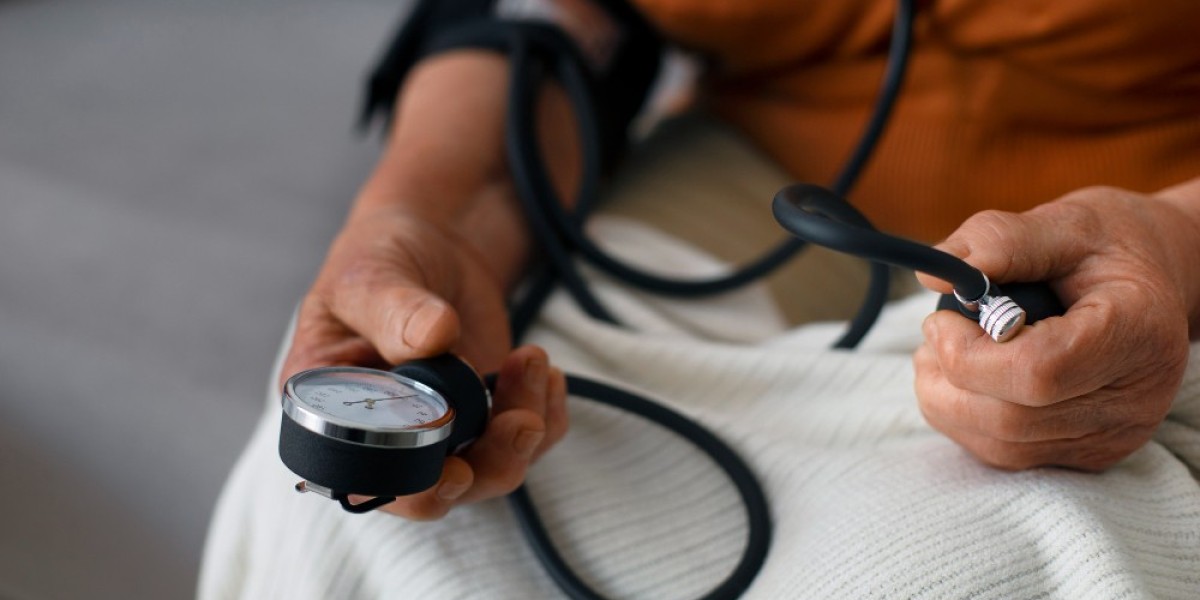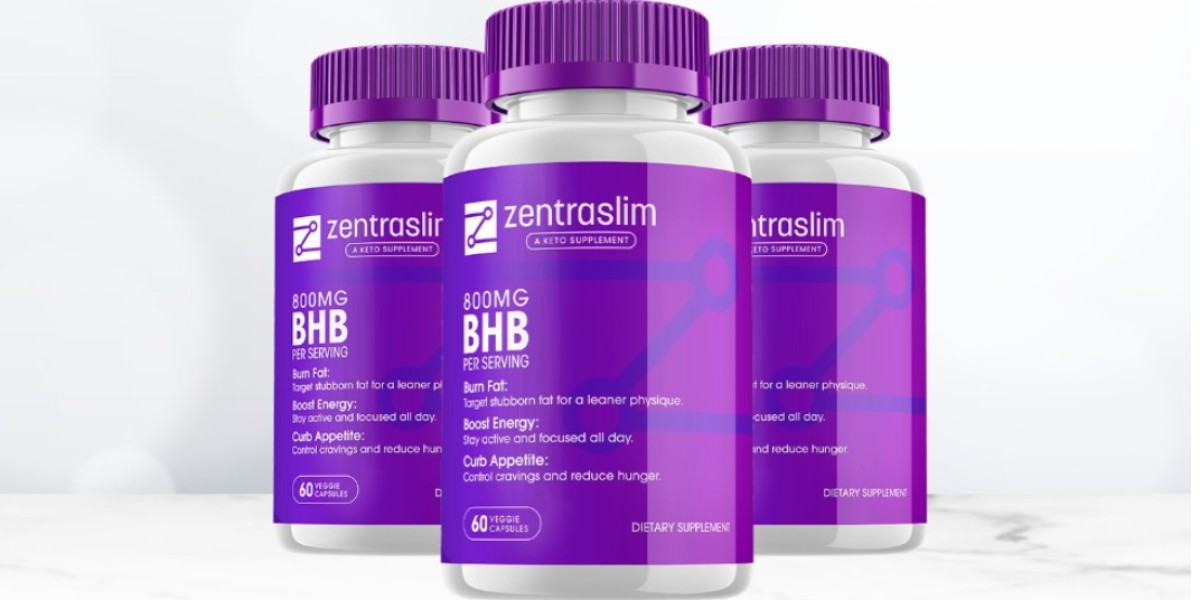Have you ever wondered why doctors get so serious about high blood pressure, even when you feel perfectly fine? Well, here’s the thing: high blood pressure, or hypertension, can quietly damage your kidneys long before you notice any symptoms.
This blog will walk you through how hypertension affects kidney health, the warning signs to watch for (including identifying rash in early kidney disease), why early action matters, and what you can do to protect yourself. Plus, we’ll touch on exciting hypertension study opportunities that could benefit you and others. Let’s get started, your kidneys will thank you!
What’s the Link Between High Blood Pressure and Kidney Health?
Most people know that high blood pressure puts a strain on your heart, but did you know it’s just as tough on your kidneys? Your kidneys act like your body’s natural filtration system, cleaning your blood and balancing fluids. They rely on a network of tiny blood vessels to do their job.
When blood pressure is consistently high, those delicate vessels come under constant stress. Imagine using a garden hose with the water turned up way too high, the hose starts to wear out faster. In a similar way, high blood pressure can cause the blood vessels in your kidneys to narrow, weaken, or harden. Over time, this reduces their ability to filter waste and maintain fluid balance.
If left unchecked, this ongoing pressure can lead to chronic kidney disease, which often develops quietly. That’s why understanding this connection is so important, catching the problem early can make all the difference.
How Does Hypertension Damage the Kidneys Over Time?
You might be wondering, “How exactly does high blood pressure harm my kidneys?” Let’s break it down step by step:
Narrowing of Blood Vessels: High blood pressure causes the arteries around the kidneys to narrow and stiffen. This reduces the amount of blood flowing through them.
Reduced Blood Flow: With less blood reaching the kidneys, they can’t filter waste and extra fluids as efficiently.
Scarring and Loss of Function: Over time, the kidneys develop scar tissue, which further limits their ability to work properly.
This process doesn’t happen overnight. It can take years for symptoms to show up, which is why hypertension is sometimes called a “silent killer.” Many people don’t realize their kidneys are in trouble until significant damage has already occurred.
Unfortunately, chronic kidney disease (CKD) can progress to kidney failure if not managed. That’s why keeping your blood pressure in check is one of the best ways to protect your kidneys for the long haul. Next, let’s look at the early warning signs, some of which might surprise you.
What Are the Early Signs of Kidney Trouble?
Spotting kidney problems early can be tricky, but it’s not impossible if you know what to look for. Here are some symptoms that might signal your kidneys are under stress:
Swelling in your ankles, feet, or hands: This happens when your kidneys can’t remove extra fluid.
Changes in urination: You might notice you’re going more or less often, or that your urine looks foamy or bloody.
Fatigue and weakness: When waste builds up, you can feel tired or sluggish.
Itchy skin or rash: Here’s an important one, identifying rash in early kidney disease can be a clue that toxins are building up in your body. These rashes often look like small, red bumps or patches and can be very itchy.
Loss of appetite, nausea, or trouble concentrating: These are less obvious but still worth paying attention to.
The tricky part is that these symptoms can be mild or mistaken for something else. It’s easy to brush off a little swelling or skin irritation, but your body might be trying to tell you something important. If you notice any of these signs, especially if you have high blood pressure, it’s a good idea to talk to your doctor. Early action can make a big difference.
Why Is Early Detection So Important?
Catching kidney problems early is a game-changer. When you spot issues before they get serious, you have more options to slow or even stop further damage. Here’s why early detection matters:
Better treatment outcomes: The sooner you act, the more likely you are to keep your kidneys working well.
Less invasive treatments: Early-stage kidney disease can often be managed with lifestyle changes and medication, instead of more aggressive treatments like dialysis.
Peace of mind: Knowing where you stand helps you make informed choices about your health.
Regular check-ups and blood pressure monitoring are key. Even if you feel fine, routine tests can catch small changes before they become big problems. If you have hypertension, your doctor may recommend urine or blood tests to check how your kidneys are doing. This proactive approach can help you stay ahead of any issues.
Now, let’s talk about what you can do to keep your kidneys healthy if you already have high blood pressure.
How Can You Protect Your Kidneys If You Have High Blood Pressure?
The good news is, you have more control than you might think. Here are some practical steps you can take to protect your kidneys and manage your blood pressure:
Eat a kidney-friendly diet: Focus on fresh fruits, vegetables, whole grains, and lean proteins. Try to limit salt, processed foods, and added sugars.
Stay active: Regular exercise helps lower blood pressure and keeps your whole body healthy. Even a daily walk can make a difference.
Take your medications as prescribed: Don’t skip doses or stop taking your blood pressure medicine without talking to your doctor.
Monitor your blood pressure at home: Keeping track can help you and your healthcare team spot changes early.
Limit alcohol and avoid smoking: Both can make high blood pressure and kidney problems worse.
Get regular check-ups: Routine blood and urine tests can catch kidney issues before they become serious.
In addition, if you’re interested in contributing to medical knowledge or accessing new treatments, consider participating in hypertension study opportunities. These research studies often provide access to cutting-edge care and can help shape the future of kidney health management.
Taking these steps doesn’t guarantee you’ll avoid problems, but it does put you in the best possible position to protect your kidneys. Next, let’s look at what’s happening in the world of research.
What’s New in Hypertension and Kidney Health Research?
There’s a lot of exciting work happening in the field of hypertension and kidney health. Researchers are constantly looking for better ways to detect, treat, and even prevent kidney problems related to high blood pressure.
Some recent advances include:
New blood pressure medications that are more effective and have fewer side effects.
Improved screening tools for identifying rash in early kidney disease and other subtle symptoms.
Personalized treatment plans based on your unique risk factors.
If you’re interested, there are plenty of hypertension study opportunities available. By joining a study, you might gain access to new treatments, closer monitoring, and the chance to help others by advancing medical science. Ask your doctor or check with local hospitals and research centers to see what’s available in your area.
This ongoing research means that the future looks brighter for people with high blood pressure and kidney concerns.
Conclusion
Let’s quickly recap what we’ve covered:
High blood pressure can quietly damage your kidneys over time.
Early warning signs, like swelling, changes in urination, and even rash, shouldn’t be ignored.
Catching kidney problems early leads to better outcomes and simpler treatments.
Healthy lifestyle choices and regular check-ups are your best defense.
Hypertension study opportunities offer new hope and better care options.
Ready to take the next step? Talk to your doctor about your blood pressure and kidney health, schedule regular screenings, and ask about identifying rash in early kidney disease during your check-ups. You can also explore research studies if you’re interested. Your kidneys work hard for you every day, give them the care they deserve!









